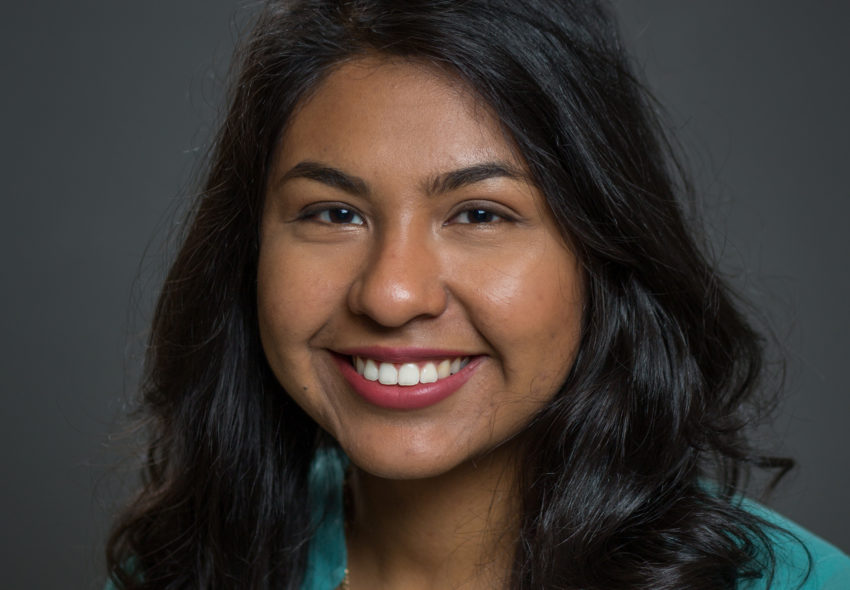
Share On Social!
Erica Chavez Santos grew up in the small rural town of Pateros, Wash., the daughter of diligent farmworkers from Mexico.
She saw the many health inequities suffered by her parents and local Latinos.

Chavez Santos wanted to help, and she became interested in understanding why these inequities occur and how to improve health outcomes.
She is now a master’s-degree student in public health in sociomedical sciences at the Columbia University Mailman School of Public Health, where she also is active in the Black and Latinx Student Caucus. She hopes to work with underserved Latino communities in hopes of boosting farmworker justice and creating equitable policies that set the stage for better health.
Chavez Santos respect and empathy for other people makes her the perfect person to work with minority communities. She will have a profound impact on Latinos by studying leadership and advocacy based public health work. Santos will achieve her dream of becoming “the doctor that she wishes she had growing up.”
To further her training and education, Chavez Santos applied for the Éxito! Latino Cancer Research Leadership Training program. The program, led by Dr. Amelie G. Ramirez at UT Health San Antonio with support from the National Cancer Institute, recruits 25 master’s-level students and professionals each year for a five-day summer institute to promote doctoral degrees and careers in Latino cancer.
“The [Éxito!] summer institute motivated me to take concrete steps towards applying to doctoral programs,” she said. “I am more knowledgeable about seeking and finding mentors that align with my interests and I am taking steps toward contacting mentors at different programs.”
Editor’s Note: This is the story of a graduate of the 2017 Èxito! Latino Cancer Research Leadership Training program. Apply now for 2018.
Explore More:
EducationBy The Numbers
84
percent
of Latino parents support public funding for afterschool programs



